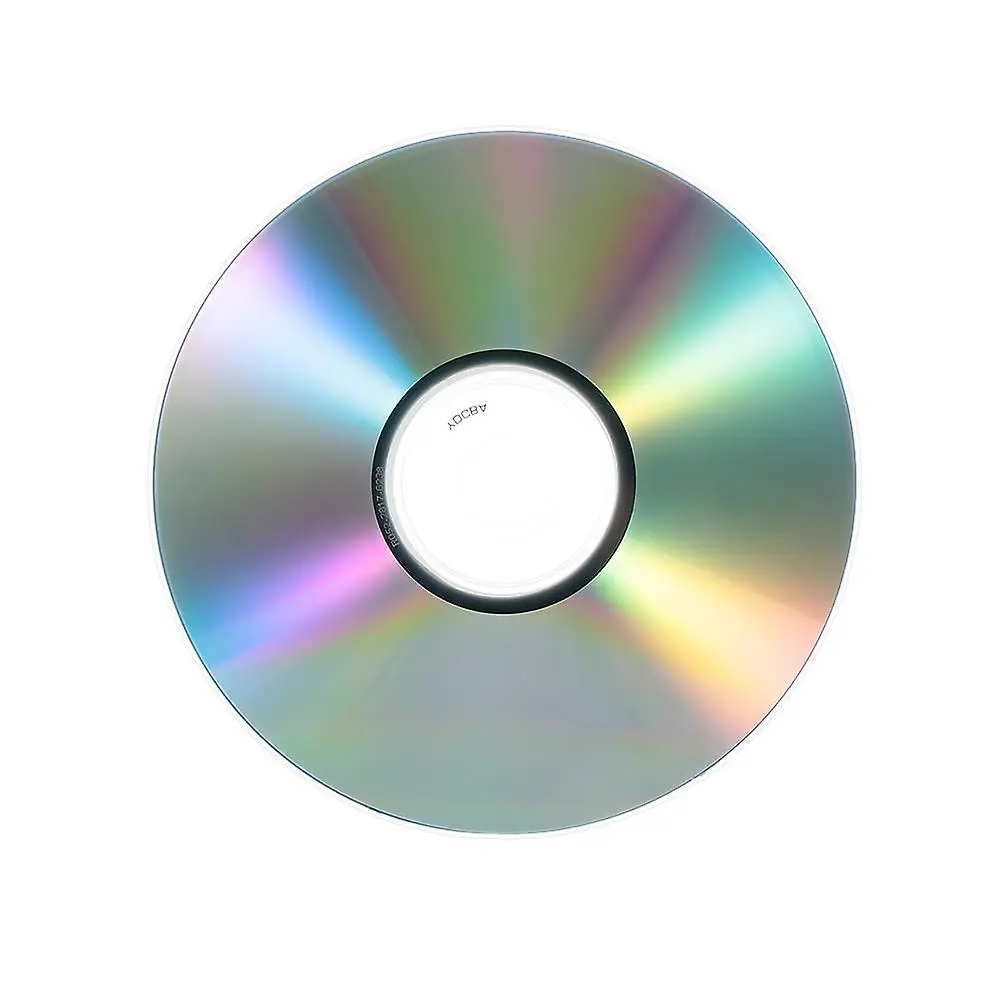With over 18 years of history, Blu-ray technology was designed to take CDs and DVDs to the next level. Not only can they hold significantly more data than their predecessors, but Blu-ray discs even let you view high-quality (and 3D content) that often are closer to the experience of watching in theaters than the compressed versions you’ll find elsewhere. Not to be confused with DVDs, Blu-ray discs use a different kind of laser technology, which eventually became the industry standard for film and movies by 2008. In part, this is due to the fact that its players could be backwards-compatible with DVDs, but not the other way around.
…
Although some things can (and have) lasted the test of time, the natural progression of most technology is that something becomes obsolete when a newer, better, or more efficient model comes along. In terms of the Blu-ray discs, there are several things that have pushed them to obsoletion.



I will admit that I prefer accessing my movies digitally. I will also admit that I absolutely prefer actually owning things I buy. So the compromise is to buy a disc, rip it onto a computer, and access it from there. Physical media won’t die until digital rights actually represents ownership. Unfortunately procuring those discs will likely continue to be more expensive and the discs themselves less prevalent.
I understand your point of view but nonetheless I want my media in my hous, no matter what form it takes.
I don’t want my media in a computer I do not own.
I mean, it is in my house. It’s on my computer. But now I can access it from anywhere too.
I was aiming my remark on this particular passage.
I understand your take, I respect it, but even when that is true, regarding digital rights, I will still want all my media in my house, in a machine I own, instead of having it stored in a server somewhere.
If what they’re talking about does happen, that would just be personal preference. If you own the media, you can store it wherever you want, be it on your own machine, or on a cloud service if you desire, etc.
You have permission to watch it, and you will need permission to watch it.
i wish that were true but I unfortunately disagree.
The content producers are the ones who want to restrict your digital rights. And they are the ones who produce the physical media that is in demand. I could definitely see them just not producing any more, and physical media being effectively dead
There are plenty of boutique brands out there that have taken up the physical distribution in lieu of the content owners. As long as there’s a market for it, physical discs will still exist. There are definitely some companies that have decided not to license out distribution but they also own their own digital platforms (looking at you Netflix). Fortunately, much of what they produce is merely content and not worth owning.
It has been interesting that in the music realm selling digital files without DRM has become fairly common with some significant, respected storefronts, but I have not seen that with video files. I don’t know if it’s because of file size or less-convenient options for watching those files on your TV (if you’re not running a Plex or Jellyfin server it’s not exactly easy to play them on a Roku/Chromecast/whatever). Maybe it’s just that consumers are becoming more accustomed to streaming all their media, music and video. Maybe we’ll see the digital music stores disappear as sales decline because of streaming.
I think the DRM-free music stores were pushed into existence by independent artists selling their own music and eventually the big labels didn’t want to miss out on that market. Maybe we need independent video productions doing the same. Instead of asking for support on your Patreon, let me buy an episode of your YouTube show without DRM, or a “season” for a discounted price. The only DRM-free video I’ve bought that I can recall was a standup special sold by the comedian on his own website. Maybe we need more of that.
The real reason we have DRM-free stores is because there’s no copy protection on CDs themselves. Companies tried and failed several times to add copy protection to CDs. That, on top of a great public outcry, is the reason we have those online stores. For some reason the public didn’t fight as hard with video and rights are a lot harder to manage with so many contributors.
You’re right that Musicians can publish their products on their own because the funding requirements are much lower. Movie/TV costs have skyrocketed and very few can afford to publish their own products. Just look at Coppola with Megalopolis. He self funded like $200 million for the movie but still had to get a distributor.